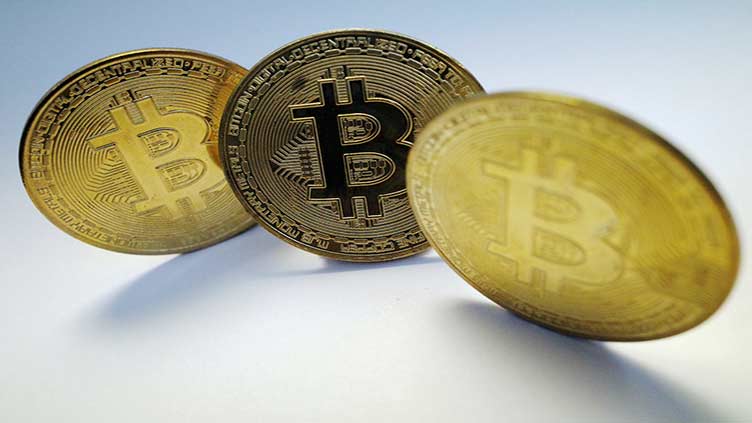Global regulators monitor crypto use in Ukraine war

Technology
Global regulators monitor crypto use in Ukraine war.
LONDON (Reuters) - Global financial regulators are closely scrutinising the use of cryptoassets during the war in Ukraine after concerns they could be used to evade Western sanctions on Russia.
The $1.8 trillion crypto sector is on the defensive amid warnings from U.S. and European lawmakers that digital asset companies are not up to the task of complying with Western financial sanctions imposed on Russia following the country s invasion of Ukraine.
Some crypto exchanges have rejected calls to cut off all Russian users, raising concerns that crypto could be used as a way to circumvent sanctions.
Ukraine has also raised more than $100 million in cryptocurrencies after posting appeals on social media for donations for military and humanitarian needs in bitcoin and other digital tokens.
"We at the FSB are monitoring the situation, the conflict situation relative to cryptos," Patrick Armstrong, a member of the Financial Stability Board s (FSB) secretariat, told a City & Financial conference in London.
The FSB, which groups financial regulators, central banks and finance ministry officials from the Group of 20 economies, is sharing the information it obtains among its members, Armstrong said.
The European Union on March 9 issued guidance to confirm that sanctions on loans and credit to Russia include cryptoassets, in a bid to close potential sanctions loopholes.
John Glen, Britain s financial services minister, told the same conference that steps already taken by the UK to bring cryptoassets under anti-money laundering and terrorist financing curbs will support law enforcement in cryptoassets.
"We think that these steps will actively support the government s response to Russia s invasion of Ukraine," Glen said.
But David Raw, a policy official at Britain s Financial Conduct Authority, said 90% of crypto firms seeking approval for anti-money laundering controls have either withdrawn their applications or been refused because they could not meet the standards.
All companies carrying out crypto-related activity in the UK face an end of March deadline for obtaining approvals and Raw sought to reassure those still stuck in the authorisation queue.
"It won t be the case that you suddenly have to cease trading," Raw said.
Britain is also cracking down on crypto promotions and Glen said the UK government is still considering whether other rules are needed for blockchain, which underpins crypto assets.
"We are not finished in relation to crypto," Raw said.

